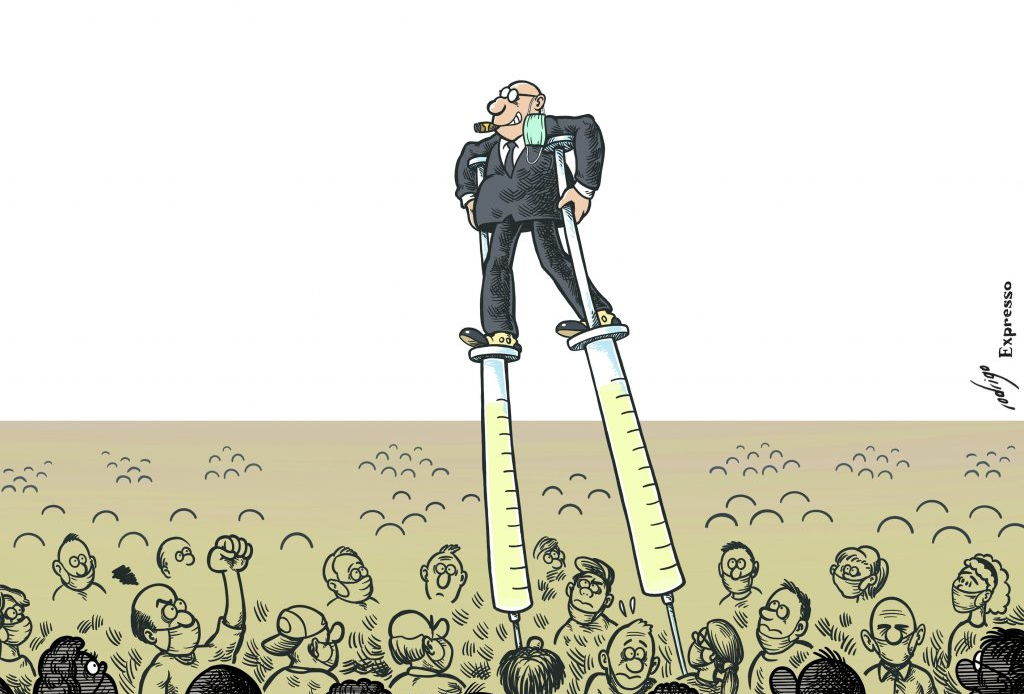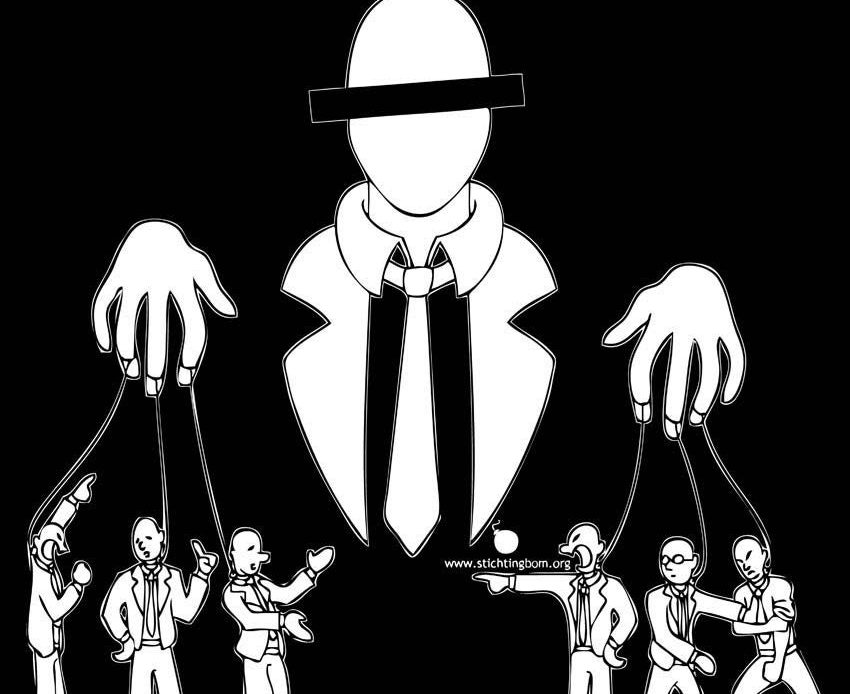This article was published in The Citizen Newspaper, Tanzania on Sept. 18, 2024.
The International Day of Democracy which is marked every September 15 has come at an opportune moment when intergenerational discourses on our democracy (and politics at large) are functionally crucial for our integration as a nation, and for deciding the way forward to sustaining peaceful co-existence even amidst political disparities, heated incongruences, and widespread ambiguities.
Knowledge of ‘democracy’ as compared to our kind of democracy is crucial as it helps to identify where we are in terms of political maturity and priorities.
The political maturity of a nation is not only measured based on the eloquence of politicians, or their capacity to coerce by power, or by command, or threats; it is rather measured by the atmosphere prepared to allow for free and open expression of socio-economic and socio-political opinions without fear of being harmed by anyone.
In other words political maturity which democracy that is accepted in our time seeks to mould is that in which the political affairs are dealt with independently, and not against the life or dignity of the persons involved. Researchers note that institutional democratic maturity is seen in the socioeconomic progress of the institution due to enhancement of human capital and possibility of economic liberalization (Uk Heo & Sung Deuk Hahm Democracy, Institutional Maturity, and Economic Development (Social Science Quarterly, Vol 96, no. 4, 2015).
The dignity and life of persons are above and beyond the political affairs, and should be untouched and unaffected negatively by the same. This is because the goal of politics is to set up and sustain best life conditions for the people. Where human life or human dignity and other rights are at stake just because of political expression or engagement, it is a dangerous slip into degenerated variations of unacceptable politics.
The human rights enshrined in the Universal Declaration of the Human Rights, are the baseline for freedom and equality. Tanzania is among the nations that signed this global declaration to protect every individual as free, equal, and with human dignity.
Tanzania also signed the International Covenant on Civil and Political Rights (in 1976), which highlights in its very first article, 1.1, that “All peoples have the right of self-determination. By virtue of that right they freely determine their political status and freely pursue their economic, social and cultural development.”
In 6.1 it is further highlighted that “Every human being has the inherent right to life. This right shall be protected by law. No one shall be arbitrarily deprived of his life.”
This entails that any suspicion or report of an affected human life needs thorough investigation, transparency, and just accountability especially when affiliated with politics so as not to affect the public trust that in political institutions and the governments they form. Human life is the primary value that our politics should seek to preserve and protect as politics 9and specifically democracy) is a vehicle for the interest of the people.

Furthermore, acceptable democracy allows participation of people in politics by expressing their opinion over their affairs.
The earliest use of the term politics is by Aristotle, a philosopher. Iin Greek Πολιτικά – ‘Politikά’ means ‘affairs of cities.’
These ‘affairs of the cities’ are for everyone, as such, inasmuch as there is no havoc being caused, people ought to be allowed to express their opinion over affairs of their country. It is a quality of a democratic state.
There is a need for a country to progress as a meaningful political institution, to create an environment of trust across political parties, the government, and social movements.
There should also be an unambiguously neutral position maintained by security forces in the country so as not to affect the flow of thoughts across well-meaning citizens. This will help to make clear the freedom, singleness of purpose, and jurisdictional boundaries of each institution: the government, the judiciary, the political parties, the security forces, and all other local and international players, and the general public.
Open and fearless admission to fixing election results by some politicians needs scrutiny, poorly executed projects needs to have those responsible held accountable, where there is perceived evident need to have some institutions or people probed, it should be done, murders, abuses, abductions, and disappearance of persons should be condemned and investigated, and embezzlers should be prosecuted as well.
If at all the Abraham Lincoln idea of democracy (of, by, and for the people) still makes sense to us as a nation, the public outcry should result in immediate action by the government. It is the work of the government to restore peace, ease tensions, and assure people of their safety and prospective progress. Should our democracy be a work in progress, there is need to make the effort to improve more evident and realistic.
